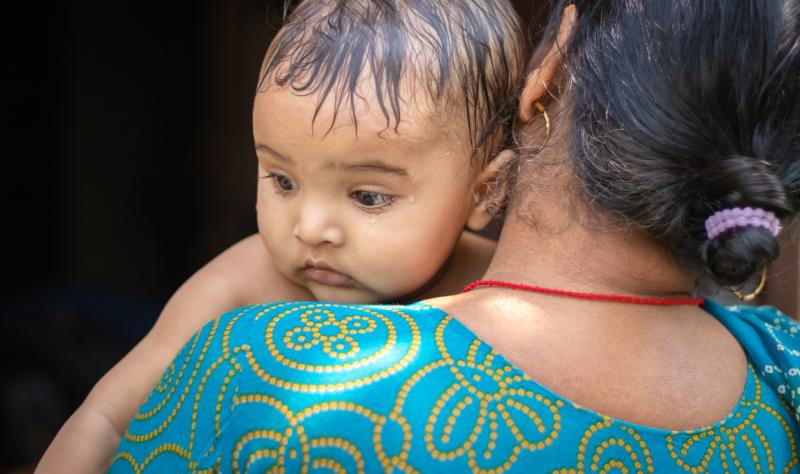Interim results from a National Institutes of Health (NIH)-supported clinical trial of the Bavarian Nordic mpox vaccine (Jynneos) in adolescents, a group hit hard in African countries experiencing clade 1 spread, suggest the vaccine is safe and prompts an antibody response similar to that in adults.
In other developments, experts from the US Centers for Disease Control and Prevention (CDC) yesterday weighed in on whether the United States would see a heavy burden in children if the clade 1 ever arrives and circulates.
Reassuring findings from US trial
Researchers presented their findings this week at the IDWeek conference in Los Angeles. The results come as some affected countries roll out their first mpox vaccine campaigns and others ready their vaccine plans.
In a statement, the NIH said the results are from a National Institute of Allergy and Infectious Diseases (NIAID) mid-stage study under way in the United States to gauge safety and immunogenicity in children ages 12 to 17 years old.
The team looked at antibody levels 2 weeks after the second of two vaccine doses, and they tracked safety for 180 days following the second dose. Like antibody level findings, the frequency of adverse events was comparable between adolescents and adults. Dizziness was more common in adolescents, a pattern seen with other vaccines.
The authors said the findings support the safety and quality of the immune response of the vaccine and point to the need to evaluate the vaccine in younger children, also among the most affected groups in Africa.
CDC: US children not likely to see big impact from clade 1 mpox
Though no cases of clade 1 mpox have been detected in the United States, if cases are detected, the situation wouldn’t likely have a high burden in children like it does in Central and Eastern Africa, the CDC said yesterday in a scientific brief.
Children in outbreak countries such as the Democratic Republic of the Congo (DRC) and Burundi are among the hardest-hit groups. However, the different health and population make it unlikely that the virus would circulate similarly in United States.
The CDC said several factors probably contribute to the high clade 1 mpox impact on children in affected African regions, including spread among close households, younger population demographics, misdiagnosis of other diseases such as measles, poor sanitary conditions, limited access to health services, and a high level of food insecurity and malnutrition.
The group added that it wouldn’t expect a similar pattern to play out in the United States, due to smaller household sizes, greater access to cleaning and disinfecting products, and better access to medical care.







